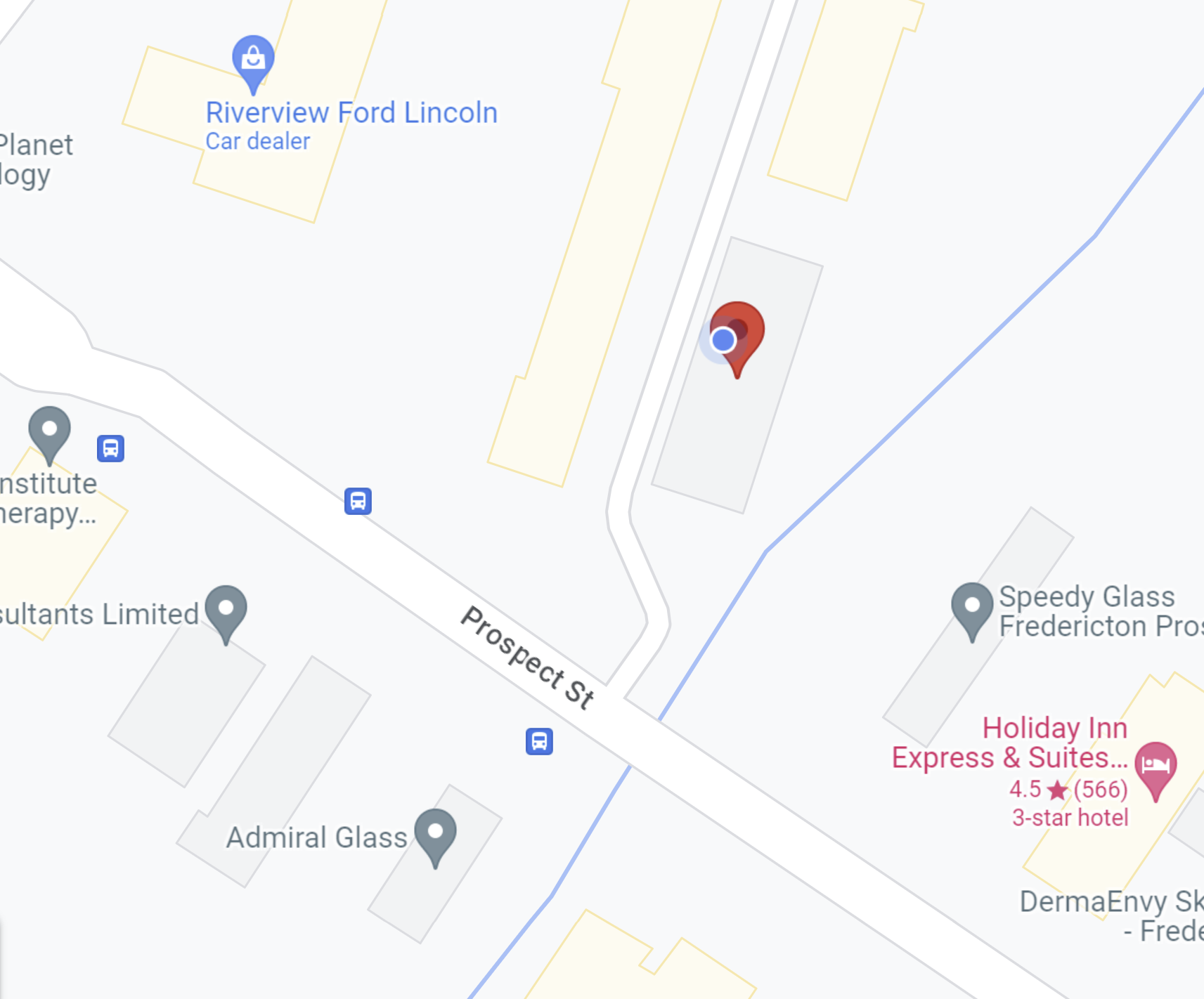How to Protect Your Home from a Wildfire
 According to the Government of Canada, an average of 8,000 wildfires, which burn about 2.5 million hectares, occur each year in Canada. Consequently, many homes are at risk of being affected by wildfires. The homeowners who plan ahead to protect their property against a fire have a better chance of saving their homes.
According to the Government of Canada, an average of 8,000 wildfires, which burn about 2.5 million hectares, occur each year in Canada. Consequently, many homes are at risk of being affected by wildfires. The homeowners who plan ahead to protect their property against a fire have a better chance of saving their homes.
Wildfire preparedness tips:
- An emergency kit and a family evacuation plan should be made. All household members must practice the plan.
- All family members should know how to use fire extinguishers and where they are kept.
- Homeowners have to create a 10 to 30-meter safety zone around their house and reduce the amount of flammable vegetation in this area. Roofs and gutters must be kept clean and dead branches and leaves from under structures should be removed. In addition, trees have to be trimmed and the grass should be mowed regularly.
- The chimneys should be checked twice a year and cleaned once a year, or whenever needed.
- It’s advisable to install smoke alarms on each level of the home and test them monthly. A smoke alarm must never be disabled, not even when cooking.
- Tools, such as axe, rake, shovel and chain saw, should be kept handy, so they can be used to stop a fire. A ladder to climb on the roof should also be kept.
- Water should be gathered in large containers, such as pools, wells, ponds, or cisterns. Large amounts of water may be needed to extinguish a fire.
- A garden hose will be needed to burst water to any part of the house that caught fire.
When a wildfire approaches, the home must be evacuated if advised by local authorities. If they remain at home, homeowners should take the following actions:
- Wear clothing that can protect them from sparks and ashes, including a protective mask if going outside.
- Clear the items that can burn in the garden, such as lawn furniture, wood piles, and barbeque grills.
- Close all windows and doors, including the interior ones, to prevent drafts. Curtains and flammable drapes should be removed.
- Flammable furniture should be moved to the center of rooms, away from windows and doors.
- Close garage doors while making sure they can still be opened manually.
- Turn off the gas, fuel oil, or propane supplies at the main shut-off.
- Be prepared to fight fire using a garden hose and the water gathered in large containers.
- Be ready to leave the house by car. The emergency kit and essential documents should be put in the car.
- Turn on interior, as well as exterior lights, to make the house more noticeable in thick smoke.
- Listen to the news for updates about the fire.
After the wildfire, homeowners should check their home (including the roof) for smoke and sparks. Sparks and embers must be extinguished immediately. In case the home has been evacuated, it will be safe to return only when advised so by the authorities. If significant damage has occurred as a result of fire damage, you should know who to contact to ensure that the home is safe to reenter.
Follow us on Twitter, Facebook, and LinkedIn to get our notifications!


